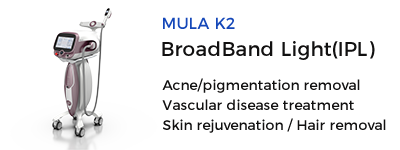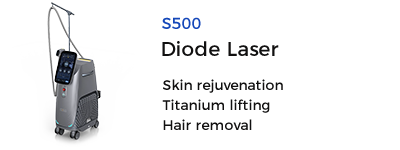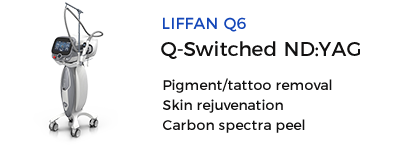Do Hair Products Cause Acne?
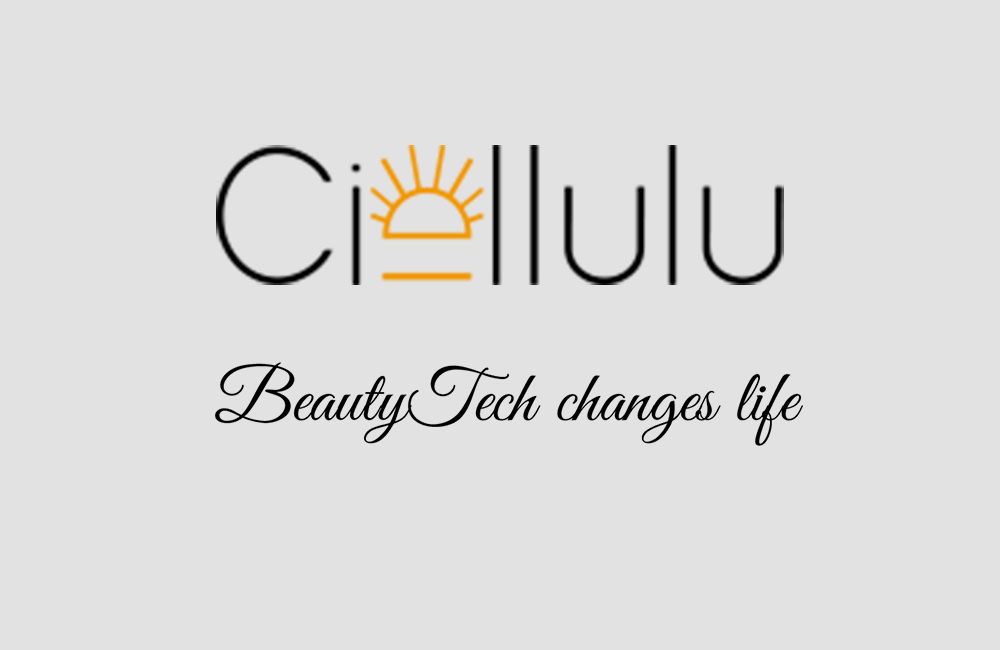
Do Hair Products Cause Acne?
Do Hair Products Cause Acne?
Acne is a common skin condition that affects millions of individuals worldwide. While it is often associated with hormonal changes, diet, and stress, one less commonly discussed factor is the impact of hair products on acne breakouts. This article delves into the relationship between hair products and acne, and it also explores modern treatments like IPL photofacial machines that can help combat acne.
The Link Between Hair Products and Acne
Hair products, such as shampoos, conditioners, gels, and sprays, often contain ingredients that can clog pores, leading to acne. This type of acne is known as acne cosmetica. Some common culprits include:
-
Oils: Many hair products are infused with oils that, while excellent for nourishing the hair, can be comedogenic (pore-clogging) when they come into contact with facial skin.
-
Silicones: Found in conditioners and heat protectants, silicones can create a barrier on the skin, trapping dirt and bacteria.
-
Sulfates: Common in shampoos, sulfates can cause irritation and disrupt the skin's natural barrier, leading to breakouts.
How Hair Products Cause Acne
It's often not the hair product itself but how it's used that leads to acne. When hair touchers your face, or when you use greasy or heavy hair products and do not thoroughly cleanse your skin, you increase the likelihood of developing acne. Here’s how:
-
Hairline Breakouts: If residues from hair products slide down to the forehead, they can clog pores in the hairline, resulting in what is known as "pomade acne."
-
Back and Shoulder Acne: Similar to the hairline, hair products can drip onto your back and shoulders, leading to breakouts in these areas.
-
Pillowcases: When hair products transfer onto pillowcases, they can come into prolonged contact with the skin, increasing the chances of acne.
Preventive Measures
To mitigate the likelihood of acne caused by hair products, consider the following tips:
-
Choose Non-Comedogenic Products: Opt for hair products labeled as non-comedogenic.
-
Keep Hair Away from Face: Try hairstyles that keep hair off your face, especially when you sleep.
-
Wash Your Face Regularly: Make sure to cleanse your face thoroughly, particularly around the hairline.
-
Clean Pillowcases Regularly: Changing your pillowcases frequently can prevent the buildup of oils and products.
IPL for Acne: A Modern Solution
If you’re already struggling with acne and preventive measures aren’t enough, innovative treatments like Intense Pulsed Light (IPL) can be a game-changer. IPL photofacial machines have gained popularity for their effectiveness in treating various skin issues, including acne.
How IPL Works
IPL involves the use of a broad-spectrum light to target and destroy the bacteria that cause acne. It also reduces sebum (oil) production and inflammation, promoting healthier skin. An IPL photofacial machine can treat acne without the harsh side effects often associated with traditional acne treatments.
Why Consider IPL?
-
Quick Treatment: Sessions are typically short, making it convenient for busy individuals.
-
Non-Invasive: Unlike some other treatments, IPL is non-invasive and requires minimal downtime.
-
Effective Results: Many users report significant improvements after just a few sessions.
Finding the Right IPL Machine for Sale
When considering IPL treatment, it’s important to choose a reliable IPL machine. There are various options available for sale, and investing in a high-quality IPL machine can make a substantial difference in the effectiveness of the treatment. Always consult a skincare professional to ensure the IPL machine you choose is suitable for your skin type and condition.
Conclusion
While hair products can indeed contribute to acne, understanding how to choose the right products and implementing preventive measures can significantly reduce the risk. For those already suffering from acne, treatments like IPL offer a promising solution. With various IPL machines for sale, achieving clearer, healthier skin is more accessible than ever.
Remember to always consult with a dermatologist or skincare professional before starting any new treatment to ensure it’s the right fit for your skin type and condition. By taking proactive steps, you can manage and potentially eliminate acne caused by hair products.
Source: Do Hair Products Cause Acne?

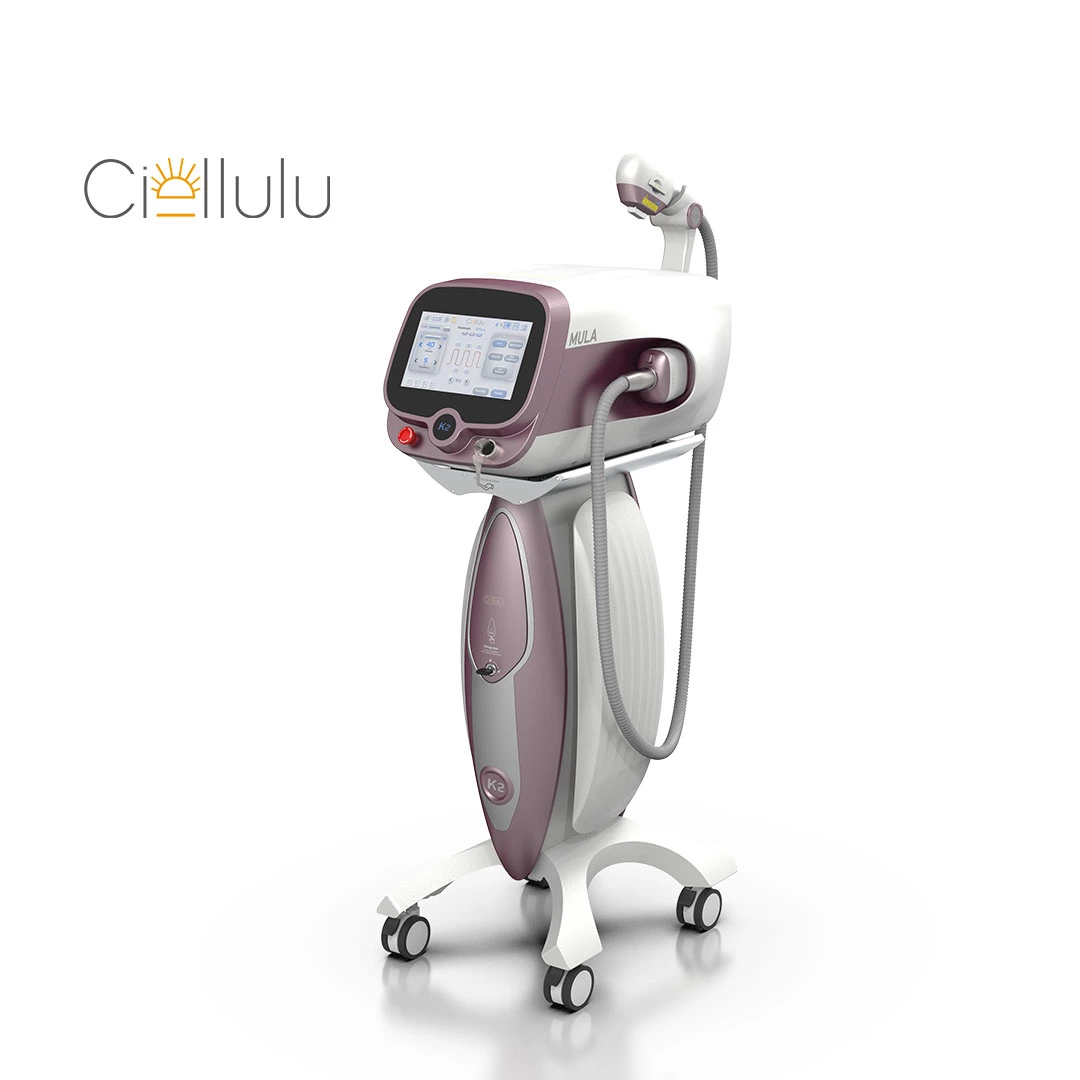
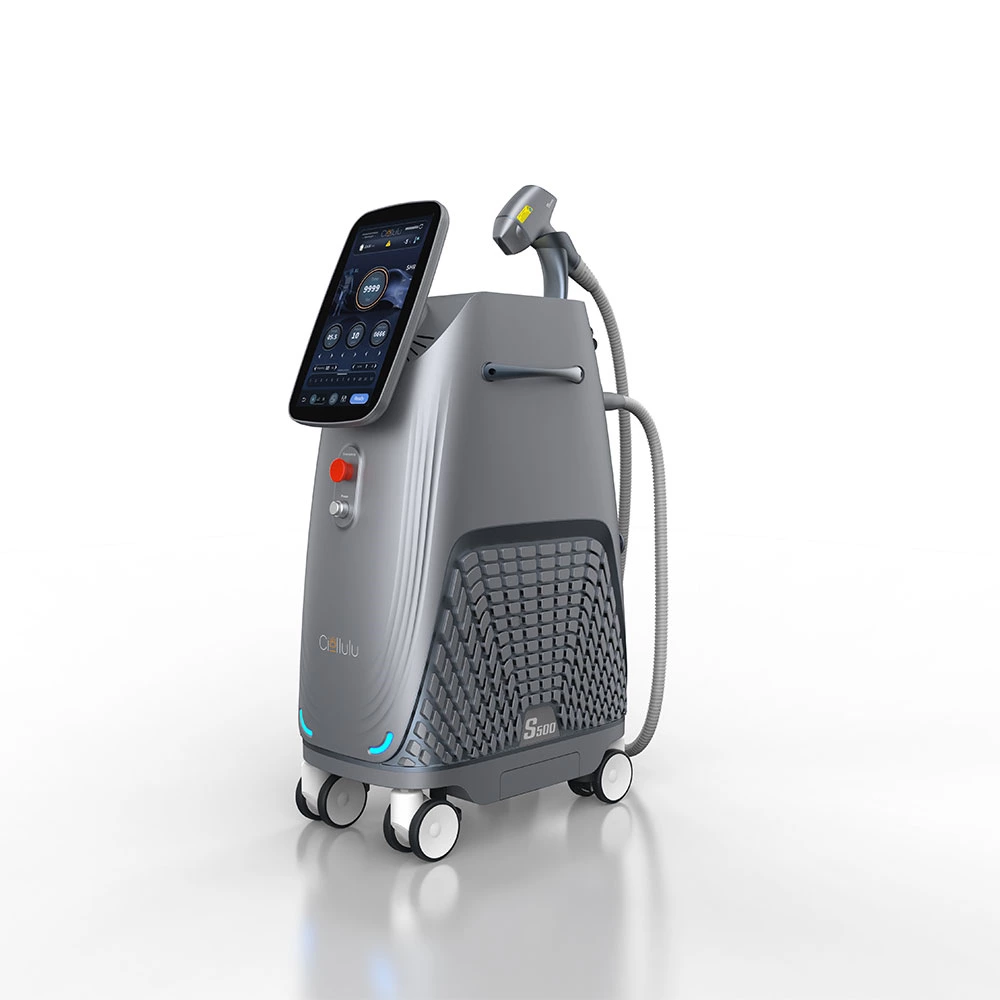
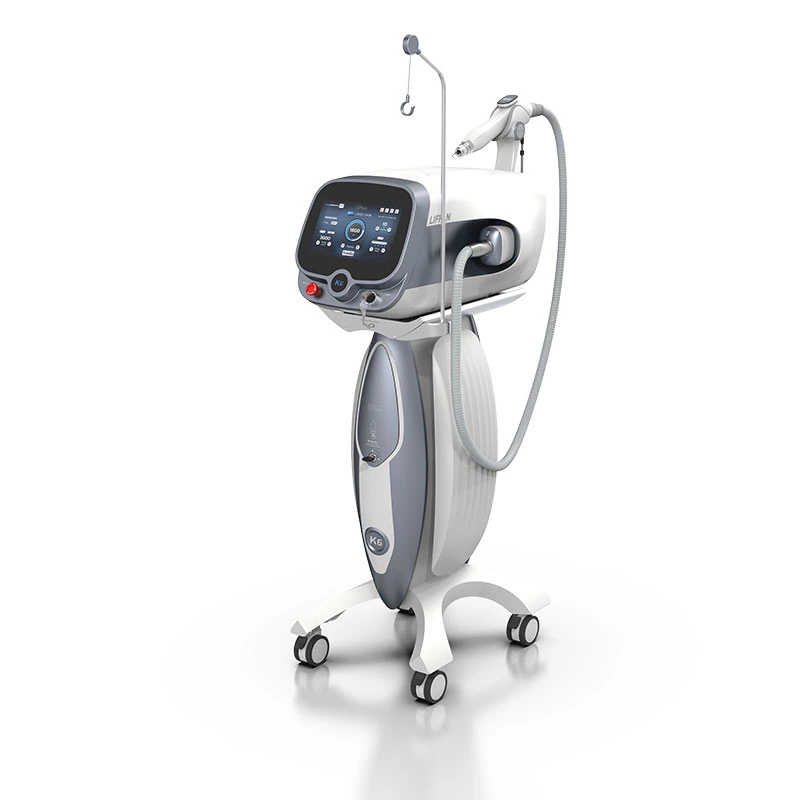
 Ciellulu Laser - Facial Machine Supplier
Ciellulu Laser - Facial Machine Supplier